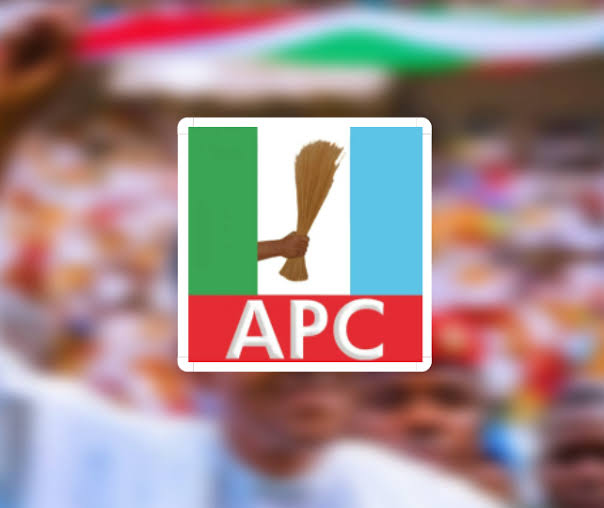It is becoming increasingly apparent that the All Progressives Congress (APC) in Rivers State and the party’s National Working Committee (NWC) are pursuing divergent paths that may ultimately lead to no meaningful or positive results for the party.
This situation mirrors the internal conflicts that previously prevented the APC from participating in the 2019 general elections in Rivers State, which allowed the then Peoples Democratic Party (PDP) gubernatorial candidate, Nyesom Wike, to win almost unopposed.
This exclusion resulted from multiple court cases that led to the Independent National Electoral Commission (INEC) removing the party’s electoral register and ballot papers.
Given the current political dynamics in Rivers State, it seems likely that history could repeat itself in 2024 and possibly in 2027. The dissonance between the NWC and Rivers APC’s statements and actions is troubling. For instance, the nullification of the Tony Okocha-led Caretaker Committee (CTC) executive and the subsequent reinstatement of Emeka Beke’s elected leadership by a Rivers State High Court—deemed competent jurisdiction—was disregarded by the APC NWC, which extended Tony Okocha’s tenure as CTC chairman.
This situation, coming as it does in the lead-up to the local government elections in Rivers State scheduled for November 2024, raises questions about the APC’s readiness to contest and win at this level of government.
The inconsistency within the party is evident. After the court ousted the Okocha-led CTC executive, the Emeka Beke-led executive expressed their intention to participate in the local government elections and collaborate with Governor Sir Siminalayi Fubara’s PDP-led administration. In contrast, the ousted Okocha-led CTC executive, adhering to the NWC’s stance, announced their non-participation in the local elections. This conflicting stance creates confusion regarding the party’s official position.
The old adage, “If you fail to plan, you plan to fail,” seems particularly relevant here. Tony Okocha has claimed to remain the APC leader in Rivers State despite the court’s ruling and was bolstered by the NWC’s rejection of the judgment, without considering an appeal.
Okocha’s allegations against the High Court Judge of bias led the Nigerian Bar Association (NBA) branches in Rivers State to issue a press statement condemning his remarks and demanding a public apology, with threats of legal action if he failed to comply.
Amid these internal disputes, the APC’s ability to organize itself for electoral success is in question. Additionally, there is speculation that the crisis in the Rivers APC may be linked to the FCT Minister, Nyesom Wike, whose political affiliations remain ambiguous.
Wike, seen as a powerful figure who has influenced both PDP and APC, recently asserted his continued membership in the PDP and dismissed any potential reconciliation with Governor Fubara.
The ongoing discord within the APC suggests that achieving peace or electoral victory is increasingly distant if these conflicts persist. The future of the APC in Rivers State, often referred to as the Treasure Base of the Nation, hinges on whether the party’s national leadership can address these issues effectively.
If the NWC fails to reconcile these internal divisions, the party might face significant challenges in the upcoming local government elections and the 2027 general elections.
It is crucial for the APC NWC to take decisive action to rectify the situation and reassert the party’s position as a serious political entity rather than a disjointed group. Harmonising the divergent paths of the NWC and Rivers APC leadership is essential for the party’s future success, as time is of the essence.

